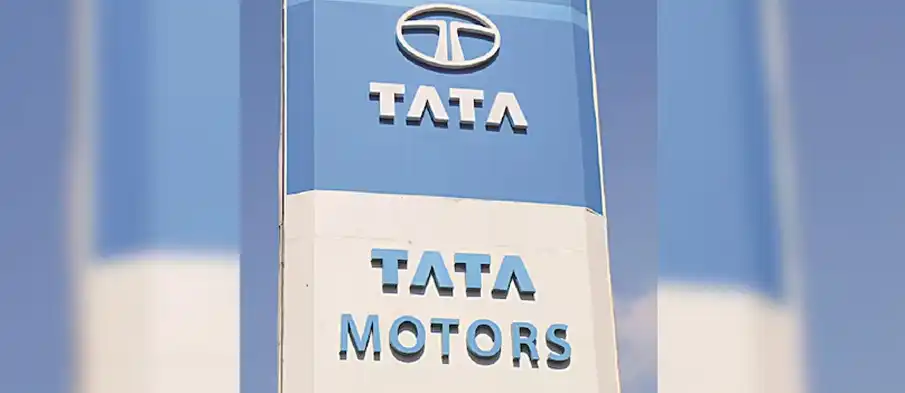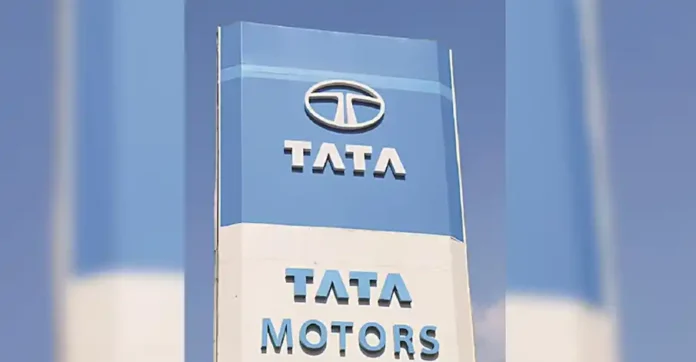
N Chandrasekaran, Chairman of Tata Sons, announced plans to manufacture electric vehicles (EVs) in India for both domestic use and export, utilizing the capabilities of Tata Motors and Jaguar Land Rover (JLR). He emphasized the use of the companies’ “cost attitude” and sophisticated design to find a “sweet spot” in the global EV market.
In an interview with Autocar, Chandrasekaran revealed that Tata Motors and JLR had finalized plans to produce EVs in India and have been exploring potential synergies for several years. The production of EVs in India will feature two versions of JLR’s electrified modular architecture (EMA) platform, one from each manufacturer. He further confirmed that JLR vehicles will be exported from Sanand, Gujarat.
Although he provided limited additional details, Chandrasekaran noted that both companies have “bigger aspirations” and mentioned that Tata Motors would discuss its export strategy in a year.
Tata Motors recently acquired the former Ford Motors plant in Sanand, which is expected to be the site where the first vehicle based on the EMA platform will be produced. The Avinya car, a key model, is likely to be manufactured for both Indian and export markets.
JLR, which operates manufacturing plants in China, Europe, and the UK, has outlined an electrification strategy, with plans to offer fully electric options across all its brands by 2030. Tata Motors, meanwhile, is moving toward an electric-first business strategy. Beginning in 2025, Jaguar Electrified Architecture and the new EMA platform will be launched, with Merseyside, UK, becoming the company’s first all-electric production center. The Solihull facility will begin producing electric Jaguars, while JLR’s Nitra plant in Slovakia is scheduled for an upgrade by 2030 to accommodate electric vehicle production.
Additionally, JLR is collaborating with partners and suppliers to reduce emissions by 46% within its operations and by 54% per vehicle across its fleet.





